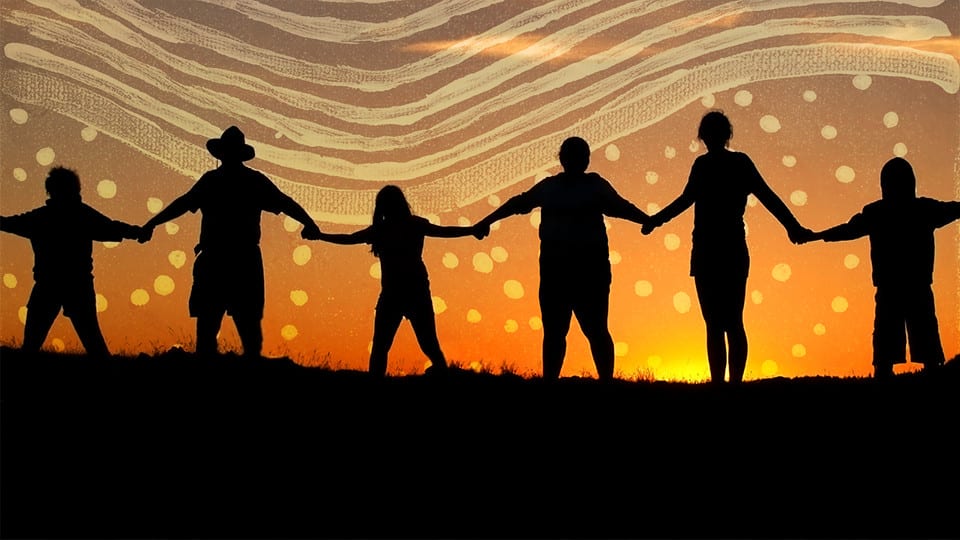This month on 9th of august was International Day of the World’s Indigenous People. The Guardian held an interview with UN’s indigenous spokeswoman Victoria Tauli-Corpuz about the importance of the UNDRIP (United Nations Declaration for the Rights of Indigenous People). Tauli-Corpuz:
“What inspires me the most is the firm determination of indigenous peoples to fight for their rights. Also, their capacity to survive and their high levels of resilience in the face of great difficulties.”
She goes on by calling the worlds’ indigenous the most important guardians of the worlds’ current biodiversity. The uncanny issue about this being that a lot of indigenous people are living in areas of the world that are under biggest threat of climate and ecological changes, caused by the civilized world they have otherwise very little to do with. Paradoxically, these people are the ones that have most knowledge about the importance of biodiversity and how to maintain the balance between livestock, surrounding wildlife and local vegetation. This only emphasizes the importance of the UNDRIP, which is sadly still being breached on many different accounts this last year. Tauli-Corpuz mentions communities in Brazil which have been attacked by local governments and enterprises for refusing to give up their land:
” When I visited indigenous communities in Brazil last year, they showed me the scars on their bodies from rubber bullets and the graves of their murdered leaders. I later found out that some of the communities I visited were attacked only hours after I left.”
Clearly, these are obvious violations of human rights and many around the world have made it their cause to end this misery. The flip-side of the coin are exactly all these wonderful initiatives by various NGO’s, communities and artists that have joined aboriginals in their struggle worldwide. One example of which is the coming together of many at Standing Rock for many months opposing the Dakota Pipeline in the United States. Similar things are happening in Canada, where organizations like our networkmember RAVEN (Respecting Aboriginal Values & Environmental Needs) are cooperating with the communities of Tsleil – Waututh in a fight for their clean drinking water as Canadian prime minister is proposing to increase oil transport on local waterways by 700%. The chances of oil leaking into the salmon baring rivers of British Colombia is therefor also increased by 700%, fish and drinking water upon which local communities rely for their livelihood.

